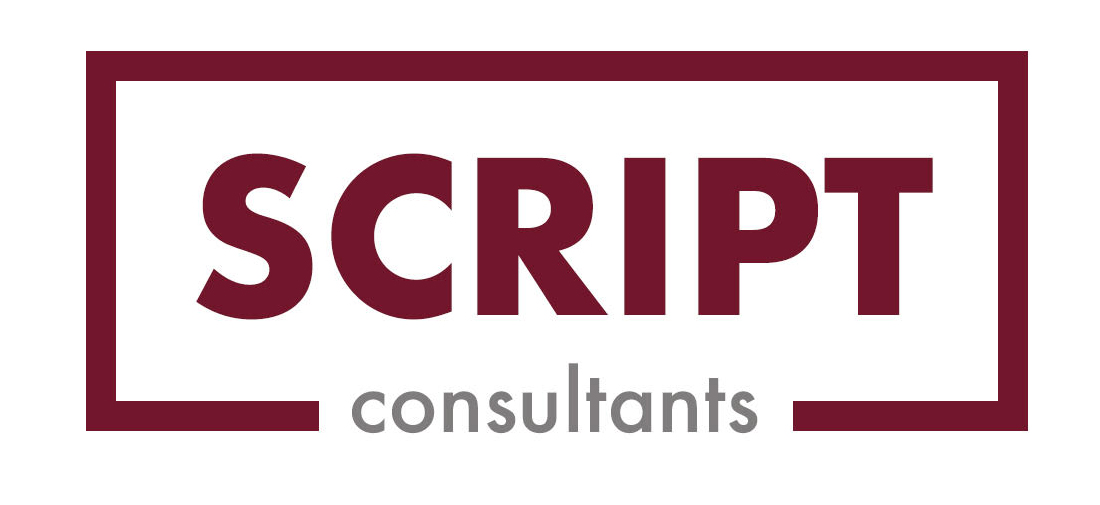Our SEO team at Script Consultants has compiled a list of the most common SEO mistakes we see startups make frequently while optimizing their website. This is understandable as optimizing your digital presence can be challenging, especially when you are a startup. As Search Engine Optimization (SEO) gets complex with multiple elements, we have compiled a list of 5 SEO mistakes startups often make and how to avoid making those mistakes.
It is not uncommon to come across frequent SEO mistakes made by startups as they try to bootstrap. When you are juggling with new business challenges as a startup, handling SEO could be quite demanding. And just when you think you have nailed the SEO strategies, Google algorithm updates may take you back to point zero where you have to rework your SEO strategy as well as upgrade your skills to match the new metrics and updates.
As a reputed SEO agency in Singapore, specialized in startup marketing, we have noticed that most startups fall prey to these SEO mistakes.
Here is a checklist of the 5 biggest SEO mistakes you should avoid. But, before that, let us look at why startups need to make SEO the centerpiece of their strategy.
Why SEO Is Key To Success For Startups?
With the COVID-19 pandemic, most businesses are moving online rapidly. Making a strong presence online is inevitable for most businesses, irrespective of the sector. Be it a local business, SME, or even large corporation, building your digital presence helps to create brand awareness and increases your reach to potential customers.
With so many businesses transitioning online, the challenge for startups is to be found by their audience.
SEO can help!
For the uninitiated, SEO is the process of optimizing your website for search engines like Google and Bing to make sure your content is easily found by users.
The goal of SEO is to make it easy for people to find and interact with your content. SEO is the process of affecting the visibility of a website or a web page in the SERP i.e search engine results page – often referred to as “natural” or “organic” results.
Search engines like Google and Bing use their own algorithms to determine what pages to list and rank for a search query. SEO is a set of techniques and strategies to make the page rank higher. Though organic SEO is a slow process, you will be amazed by the results. Just as “Rome was not built in a day”, your investment in SEO will help you build digital real estate for your company that will yield benefits in the long run.
Most of the time companies fail to achieve their SEO goals as they go the do-it-yourself (DIY) way which mostly doesn’t work in digital marketing.
In this highly competitive period, hiring a professional digital marketing agency is the key to success.
How Is Marketing Different In 2021?
As a startup, you might have a promising product portfolio but,
How will you introduce it in the market?
How will you define your target audience?
The answer is digital marketing.
Gone are the days when companies organized physical product launches. Today most customers make their buying decision while browsing on their mobile devices. Your product placement should be strong to compete with others in the same niche to get better visibility and thus sales. Now that we have established that organic SEO is the basic building block of any marketing effort, let us look at some common mistakes and how to avoid them.
Must Read About: The Future of SEO In 2021
5 SEO Mistakes That Startups Make In 2021 [Should Avoid]
This comprehensive list will let you understand what you should do to boost your company’s SEO. Even if you have started with your SEO journey, these mistakes will give you an edge to rework them.
1. Lack of Market Research
Most startups easily get carried away with what’s happening around them. They mostly believe in their instincts and word of mouth to form strategies to market their products and services.
Robust market research will strengthen your digital presence thus helping you grow. Here are a few things to consider while performing your market research:
- Who are your potential customers?
- Customer preference on products and services you offer.
- Where your potential customers hang out normally.
- What are the search terms your potential customers use while searching for a similar product?
- Location of your business.
2. Insufficient & Improper Keyword Research
Keywords are search terms that your customers type in search engines while searching for a particular product or service. This brings to a conclusion that the more appropriate your keyword research is, the closer you are to your potential customer.
Google or other search engines like Microsoft’s Bing work to match the search term of a user with the best possible match on the internet. While you have a strong keyword research strategy, you will be able to comb out which search terms work best for you. This could be a combination of less or medium-competitive keywords.
As a startup, your focus should be on keywords which have low competition and high volume searches as such keywords are more search specific and can be easily ranked for.
However, your keyword research strategy relatively depends upon the nature of businesses. Therefore, what works for others, may not give the desired results for you.
3. No Proper Content Strategy
Once you have finalized your keywords, you must plan for your content. As you create content to go on your website and other socials, your content must have a key performance indicator (KPI) synergy with one another. Most startups end up writing content that breaks the flow of the reader.
Imagine you are a B2B credit-lending company and someone lands on your website while searching for “How to get a loan for business?” While your article provides her/him the answer of how to secure a business loan, your website must provide other content in the same group which s/he may find next. This will ensure that you are providing an all-inclusive resource center to your customers. This will become a roadmap to walk potential clients through the buyer’s journey to facilitate sales. Your content group should include topics like:
- Types of loans available for SMEs.
- What are the documents required for a term loan?
- Who can apply for an SME loan?
These are just a few examples of content grouping. It helps your readers to stay on your platform for long while answering their queries. While their problem is solved on your platform, it helps them to take better and fast buying decisions.
On the technical aspects, the structural content strategy includes metadata, knowledge paragraph, content models, taxonomy, and sitemaps.
At large, structural data contributes to a better user experience, while allowing enough scope for bots to scroll your page for an enhanced overall experience.
4. Having A Single Page Website
The crux of your digital presence is to meet your potential customers online and let them know the products or services you offer. Our aim should not only be to satisfy the search engine’s scrolling system but to facilitate our actual visitors.
Most startups ignore the user experience while putting more stress on complex UI/UX design. Others just opt for a single page with the most basic information. This hampers the overall session duration and increases the bounce rate of your website. Internet marketers use bounce rates to analyze traffic on a particular website. Bounce rate is an analytics indicator of the percentage of visitors who enter a site but then leave without viewing other pages within the same site.
Remember your website is the virtual representation of your company. Once a user doesn’t satisfy his ask, you will lose your customer.
So, your website should concentrate on:
- Simple and easy to use website interface.
- Proper page linking to facilitate users to navigate from one page to another with ease.
- Educating the visitors about the products and services offered.
- Help visitors take actions.
- Take visitors through a buyer’s journey by providing what they want.
- The website should respond to search engines to increase its visibility.
5. Poor Content Marketing Strategy
SEO is a key part of content marketing and successful marketing is data-driven. Most startups populate content over time without tracking the metrics the content derives. Therefore, startups end up creating a lot of content that does not bring them good results.
As important it is to produce content, it is even more essential to track your growth. It will facilitate you in taking major decisions in product placement, product alternatives, marketing approach, etc. Which is why you need to have a great content marketing strategy too for your business.
Keep a monthly track of all your digital presence and measure the metrics with various tools available online.
6. Bonus Tip: Doing Proper SEO Audits
By conducting a proper SEO audit you can start your SEO path in a right direction.
It gives you enough scope to take action to rectify your SEO strategies. To understand your website’s SEO strength, it is always recommended to perform a site audit. It will help you unearth the SEO mistakes you have been doing and will guide you to take actions to rectify such mistakes and boost your digital growth.
Team Script Consultants has been working with many successful startups in Singapore to create multiple digital assets for their brands. We provide exception search engine optimization (SEO) and LinkedIn marketing services. We use a data-driven approach to ensure that you get the best return on investment (ROI) for your marketing budget.
We can help you set KPIs and achieve remarkable results that will help your company generate quality leads. Power up your startup with our customized plans.
Click here for a free consultation.
About us and this blog
We are a digital marketing company with a focus on helping our customers achieve great results across several key areas.
Request a free quote
We offer professional SEO services that help websites increase their organic search score drastically in order to compete for the highest rankings even when it comes to highly competitive keywords.
Subscribe to our newsletter!
More from our blog
See all postsLeave a Comment cancel
This site uses Akismet to reduce spam. Learn how your comment data is processed.










